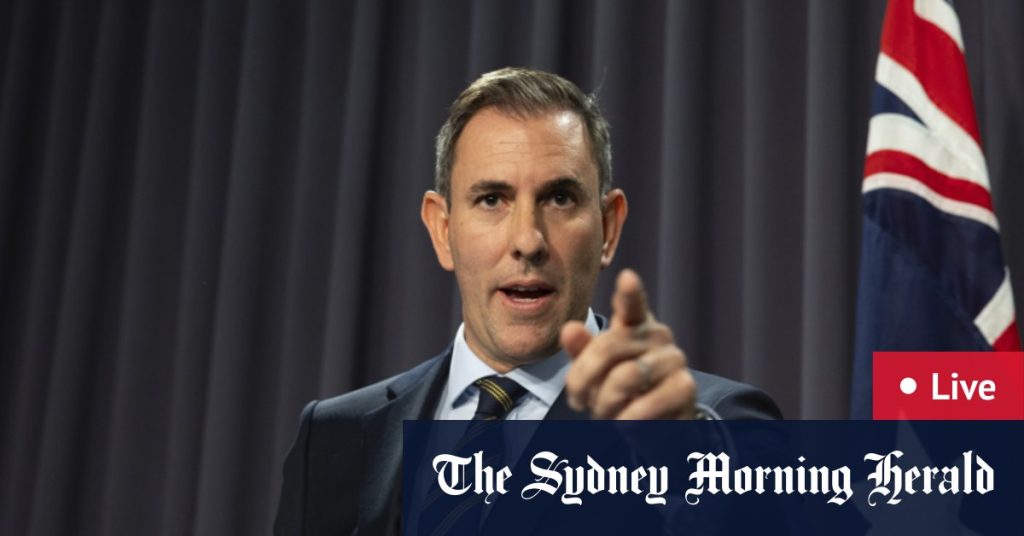Foreign Minister Penny Wong discusses the UN vote on Palestine’s membership status, stating that Australia supports a two-state solution with a Palestinian state alongside Israel. She mentions that the majority of the Security Council has previously supported Palestinian admission, but the United States vetoed it. Wong explains that the text of the resolution is still being negotiated, with changes occurring overnight. She emphasizes Australia’s focus on the situation in Gaza and Israel, calling for a humanitarian ceasefire, release of hostages, and increased humanitarian aid.
When questioned about the possibility of Australia abstaining from the vote, Wong avoids speculation but suggests that an abstention could indicate partial agreement with the resolution. The minister expresses a desire to work with international partners to address the situation in Gaza and Israel. The discussion highlights the delicate balance of supporting a Palestinian state while maintaining relationships with allies such as the United States. It also underscores the complexities of navigating diplomatic negotiations and decision-making within the UN framework.
As the debate around Palestine’s UN membership continues, Foreign Minister Penny Wong remains cautious about revealing Australia’s stance on the issue. She stresses the importance of considering the final resolution before making a decision on how to vote. Wong’s comments reflect the government’s commitment to promoting peace and stability in the region while also being mindful of Australia’s relationships with key international players. The discussion underscores the challenges of balancing national interests with global responsibilities in the context of complex geopolitical dynamics.
The minister’s emphasis on the need for a humanitarian ceasefire and increased aid highlights Australia’s commitment to addressing the ongoing crisis in Gaza and Israel. By calling for the release of hostages and working with international partners, Wong signals a willingness to engage in diplomatic efforts to de-escalate tensions and support those affected by the conflict. The delicate diplomatic dance around the UN vote underscores the complexities of navigating international relations and policy decisions in a rapidly changing global landscape.
Foreign Minister Wong’s comments also shed light on the shifting dynamics within the Security Council and the broader international community regarding the Palestinian issue. The minister’s acknowledgment of the previous US veto and the ongoing negotiations surrounding the resolution underscores the challenges of achieving consensus on sensitive geopolitical matters. Australia’s approach to the UN vote reflects a nuanced understanding of the complexities at play and a commitment to finding peaceful solutions to longstanding conflicts in the Middle East.
In conclusion, Foreign Minister Penny Wong’s comments on the UN vote to elevate Palestine to full membership highlight the complexities of diplomatic decision-making and the balancing act of navigating international relations in a rapidly changing global landscape. Australia’s support for a two-state solution and emphasis on humanitarian concerns in Gaza and Israel underscore the country’s commitment to promoting peace and stability in the region. The discussion surrounding the vote reflects the intricacies of global politics and the challenges of balancing national interests with international responsibilities in a complex and ever-evolving geopolitical environment.













